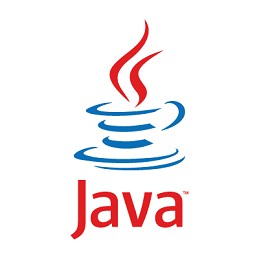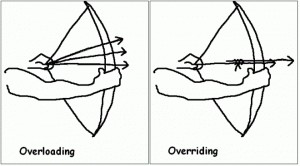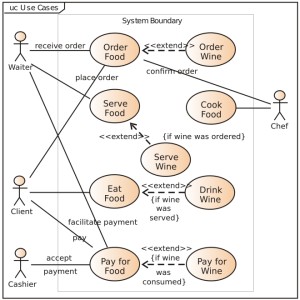--Originally published at diegotc2016
I think this WSQ has been the most enriching task. Just a few days before Ken posted the assignment I was thinking about asking some of my teachers about college advice because I’ve noticed that I’m not a very good programmer as I could be. So these tips have helped me to know the way on how to become a better programmer but it all depends on how I implement those tips.
The tips Joel Spolsky gave are:
- Learn how to write before graduating.
- Learn C before graduating.
- Learn microeconomics before graduating.
- Don’t blow off non-CS classes just because they’re boring.
- Take programming-intensive courses.
- Stop worrying about all the jobs going to India.
- No matter what you do, get a good summer internship
I think the most important tips first of all is learning C, as he said C is like the god of all programming languages so if after graduating I wanna have a good job I must lear C.
Another great tip is to don’t blow off non-CS classes just because they’re boring. This CS classes I think are the AEV, EVAP, Ethics and those kind of subjects, so I better make my best in this courses because they are the ones that make your final carrer grade better and most of the recruiters check on how your grade is in order to get a job.
Finally another tip that I find important is to take programming-intensive courses. A friend of mine that is studying these degree too told me that also. My friend told me that taking these kind of courses gives you the better job when you’re graduating.

I got this out of:
http://www.joelonsoftware.com/articles/CollegeAdvice.html
































